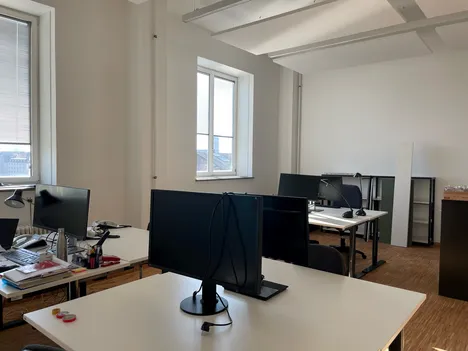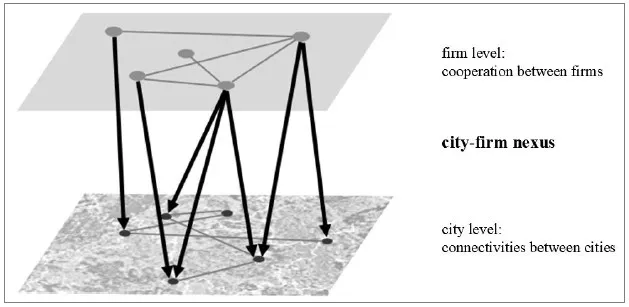Multi-location knowledge-intensive firms span their value chains and thus their locations across space. Increased globalization alters the spatial configuration of such networks of knowledge creation. Longitudinal social network analysis allows detecting temporal changes in the arrangement of nodes and edges in the network and resulting changes in the overall structure. We use this approach to study for Germany the spatio-temporal dynamics of knowledge-intensive services firms – advanced producer services (APS) – in the years between 2009 and 2019. Multi-location APS firms are considered as vanguard of spatial structural change and thus lending to study their location choice behavior. A common approach is to analyze a one-mode intercity network where cities are the nodes. We take a different approach and include the firms’ perspectives. We work directly with the original data structure of a two-mode network including cities and firms as two node sets and we apply stochastic actor-oriented models for network dynamics. Results show that the spatio-temporal dynamics are characterized by both agglomeration and network economies. On a local scale, APS firms continue their location expansion over time and concentrate in agglomerations where many other APS firms and a greater availability of workforce are present. Simultaneously, they also choose new locations in agglomerations further apart from their present locations. On a supra-local scale, the network grows denser over time. Agglomerations that are attractive for APS firms in 2009 become even more attractive in 2019. Our analysis contributes to an understanding of how interactions amongst cities and firms on a local scale give rise to the empirically observed network patterns on a supra-local scale.
The publication can be accessed here.



